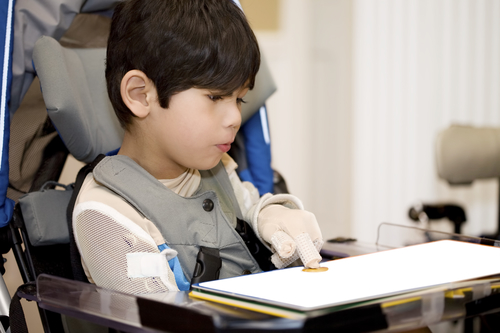Issues Resolved through Special Education Mediation
 Parents who have children enrolled in school who have special needs may reach a point during their child’s academic career when conflict arises. Often, this conflict may arise due to a lack of understanding between school administrators and the child’s special needs. Some of the potential issues that may arise include:
Parents who have children enrolled in school who have special needs may reach a point during their child’s academic career when conflict arises. Often, this conflict may arise due to a lack of understanding between school administrators and the child’s special needs. Some of the potential issues that may arise include:
IEP
A child with special needs has the right to an Individualized Education Plan. This plan should incorporate the child’s condition and learning needs. In some instances, the IEP process may seem repetitive with children with diverse needs having very similar IEPs. These IEPs may give students more time to take tests, may reduce the number of choices on multiple-choice questions, may provide preferential treatment, may provide for an interpreter, may provide a tutor or may offer additional assistance to students. Parents and school administrators may be able to come up with customized solutions in an IEP that meet the child’s needs and are tailored to provide success for him or her in the academic setting.
Discipline
When a child behaves in a certain way such as by having problems focusing on a task, talking incessantly, making noises during schoolwork or taking other action that may seem unruly, the child may be disciplined. However, many of these behaviors may revolve around the child’s special needs and should be dealt with in a different manner. Often, the mediation process provides for better communication and educating school administrators about the child’s condition and needs.
Accommodations
A child with special needs may require accommodations, such as a change to the structural environment or permission to miss days because of illness. Parents and school administrators can discuss appropriate accommodations during mediation.









